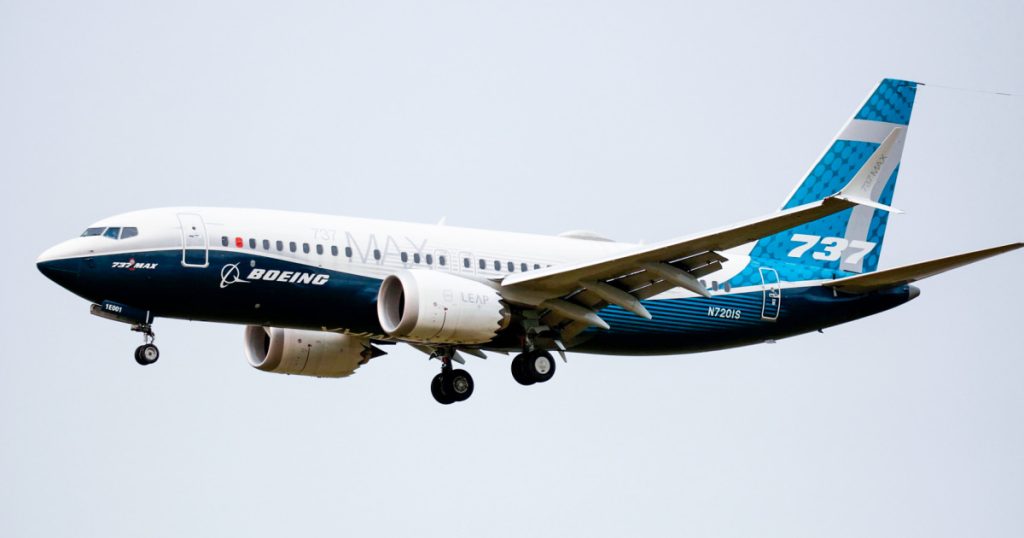Boeing is facing significant cash burn this year and ongoing challenges with aircraft deliveries due to production issues associated with its popular planes, according to the company’s CFO Brian West. The company had initially forecast generating low single-digit billions in free cash flow, but now expects to see mounting costs as a result of recent crises. The first quarter saw Boeing burn through nearly $4 billion in cash, with similar or potentially worse figures expected in the second quarter. However, West anticipates a return to generating cash in the second half of 2024.
In the first quarter, Boeing experienced a decline in aircraft deliveries to the lowest level since the pandemic began. This decrease has impacted the company’s financial performance, as the majority of a plane’s price is paid upon delivery to the customer. After West’s comments at a Wolfe Research industry conference, Boeing’s shares dropped more than 7%, contributing to a decline in the Dow Jones Industrial Average. West acknowledged the frustration and disappointment experienced by customers due to production supply chain issues and emphasized the importance of focusing on stabilizing the production system, improving quality, and enhancing predictability.
Boeing CEO Dave Calhoun announced his intention to step down by the end of the year in March, leading to changes in leadership within the company’s commercial airplane unit. Major airline customers had raised concerns about delivery delays and operational challenges preceding these shifts in leadership. The emergence of new production challenges, such as a door plug incident on a 737 Max 9 aircraft earlier in the year, added to the reputational damage Boeing has been working to repair following fatal Max crashes in 2018 and 2019. Federal scrutiny has increased, prompting executives to prioritize addressing production flaws, rebuilding relationships with regulators, airline clients, and the public.
Boeing is scheduled to meet with the Federal Aviation Administration to present its plan for enhancing quality control, as requested by the FAA following the recent issues. The company has faced additional obstacles, including a pause on 737 Max deliveries to China for battery reviews and an FAA investigation into 787 Dreamliner inspections due to disclosed misconduct by employees. Parts shortages have also impacted Dreamliner deliveries, leading airlines like American, United, and Southwest to adjust growth and hiring plans due to delays in receiving Boeing aircraft. The company is working with Chinese customers to coordinate deliveries while the Civil Aviation Administration of China reviews cockpit voice recorder batteries.
In conclusion, Boeing is navigating a challenging period marked by cash burn, decreased aircraft deliveries, and persistent production challenges linked to its popular aircraft models. The company is focused on stabilizing its production system, improving quality, and enhancing predictability to address customer dissatisfaction and industry concerns. Leadership changes within Boeing and ongoing engagements with regulatory authorities reflect efforts to regain trust and overcome reputational damage caused by past incidents. Enhanced quality control measures, collaboration with customers and regulators, and proactive measures to address production issues are critical components of Boeing’s strategy to navigate the current hurdles and restore confidence in its operations.


